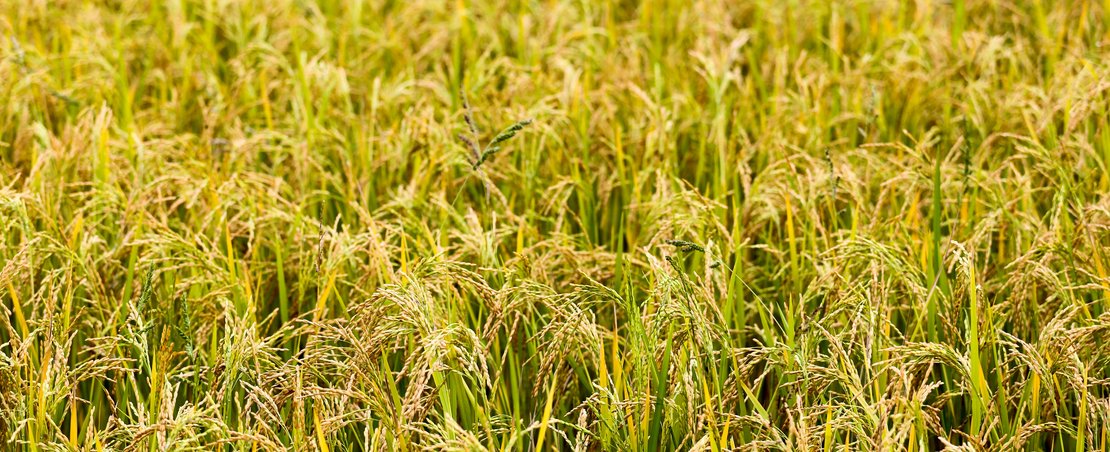
Funded by the Gates Foundation, and working in collaboration with Centre for Agriculture and Biosciences International (CABI), this two-year project builds on our previous work on creating FAIR (findable, accessible, interoperable and reusable) and open agricultural data ecosystems.
Our goal is to create tools, guidelines and learning programmes that will support the management, sharing and governance of data across agricultural data ecosystems.
Why is data in agriculture important?
By improving how data is accessed, used and shared we hope to support innovation and ultimately, to improve decision making in agriculture.
We will focus on the data ecosystems around Gates Foundation-funded projects in Ethiopia and India. Working with CABI, we will engage with national stakeholders to support data sharing in areas such as improving soil health, geonutrition, and agronomy. We will create and update a variety of practical advocacy tools throughout the project. We will provide advice and guidance to improve data ecosystems and data infrastructure within Gates Foundation-funded projects to help maximise the impact of their investments
We also hope to facilitate discussions with other donors to encourage greater alignment around policies and practices.
Data tools and outputs
We produced a range of practical advocacy tools in our previous work with the Gates Foundation that we will test and update in this phase:
Expected outputs for this phase will include a range of practical advocacy tools including updates to our current learning materials and guidance. We may also create new tools, eg around describing data sharing models.
Our approach
We are co-delivering this project with CABI. In the early part of the project we hope to develop a better understanding of where and how we can make useful interventions within specific local contexts. We will create practical advocacy tools and guidance and help embed them into relevant data ecosystems.
Over the course of the project we will gather user feedback to help us update existing tools and to inform the development of new tools.
We will work with CABI to build capacity in the countries we are supporting through a series of phased in-country engagements. We will work in India and Ethiopia to deliver training, workshops and a train-the-trainer programme to help establish local data champions.
Together with CABI, we will facilitate discussions with other donors to encourage greater alignment around policies and practices. We’ll also advise on the application of FAIR data policies within donor organisations and the wider data ecosystem.